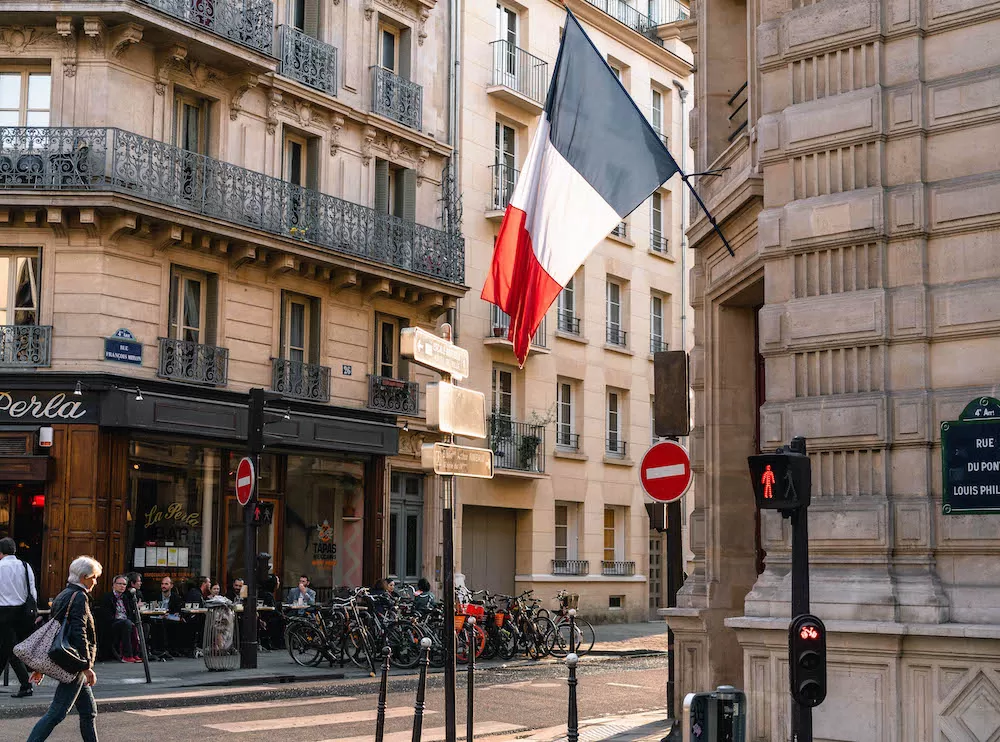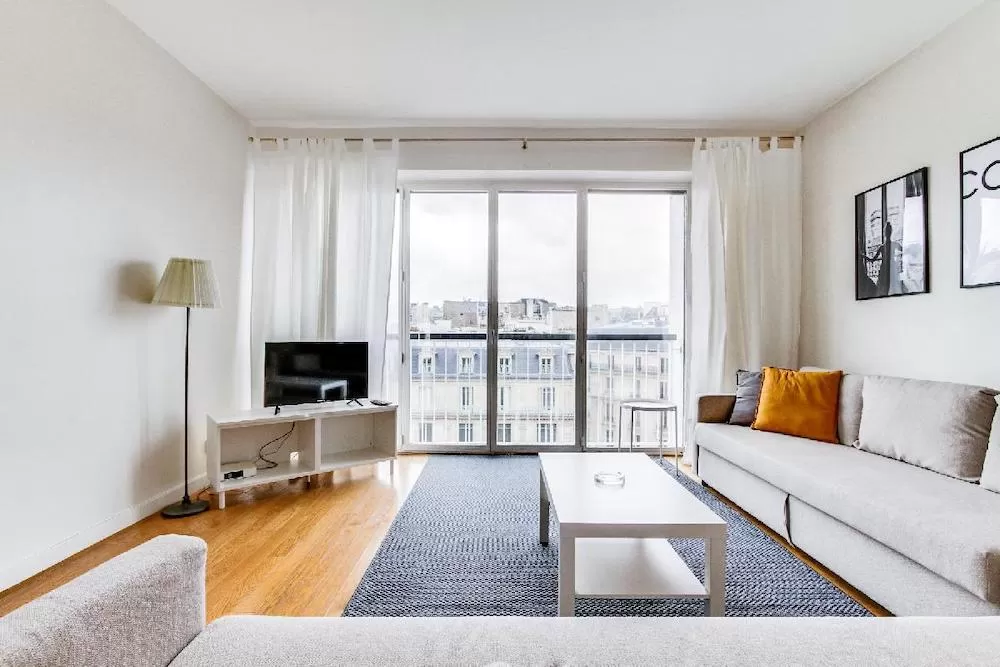Don't underestimate how many people want to live in France. Paris is practically overpopulated, Cannes is getting too crowded, and before long, St. Tropez would be a major city. If you see yourself living here, you ought to move now. And don't just rent a place! Not that it's a bad thing, but it's better to own your property here. That is if it's legal. Before buying property in France, you ought to know more about the legal issues you might face, such as legal residency, paying estate taxes, and more.
Can Non-Residents Buy Property in France?
If you're a foreigner who wants to own a home in France, the first question you'll probably ask is if it's legal. Well, is it? The answer is yes, it is. As of this writing, non-residents can purchase their own property in the country. You don't have to apply for anything or fix legal documents. As long as you have the budget for it, you can buy an
apartment in Paris, a villa in St. Tropez, a home in Lyon, and more. But then another question remains:
can you live here?
Legal Residency in France
While you may be allowed to buy property in France as a non-resident, actually living there is a whole different story! Your Schengen Visa can only let you stay in France for a couple of months to a year or two. In order to actually reside in the country, you'll need to seek legal residency here. And make no mistake!
Relocating to Paris, Marseille, Cannes, St. Tropez, and any other French city out there is a lot of hard work. You'll need to gather many documents, go through various processes, and more. But at the end of the day, as long as you're not a legal resident of France, you can't stay on your property here indefinitely.
Getting a Notary
What if you want to remain a non-resident and still plan to buy property in France? How can you handle all the legal issues when you don't know about them? Well, here's where the notary comes in. The notary serves as the legal aide when it comes to real estate in France. More often than not, they're there to help the seller, however, it's also wise for the buyer to get one just to make sure that everything proceeds legally. More than just handling the legal side of things, it's also the notary's job to find any discrepancies within the contracts, talk with the right authorities, communicate with the seller/s and real estate agent/s, and the like.
Paying Estate Taxes in France
According to the
French tax system, becoming a homeowner in France means you'll have to pay property taxes too. There are three specifically that you have to look forward to—the stamp duty,
taxe foncière, and
taxe d’habitation. Depending on whether you're living in the property or not, you might not have to pay
taxe d’habitation. However, paying the stamp duty and
taxe foncière is very important. Depending on how old the place is, the stamp duty tax has a fixed rate of 5.8% if it's older than five years while newer properties have a rate of 0.7%, as well as 20% for VAT.
Adverse Possession in France
What makes real estate in France so complex is that there are specific laws that center around the ownership of properties. Take, for instance, the Adverse Possession Law in France. According to the French Civil Code, '
The limitation period required to acquire ownership of real estate is thirty years. However, a person who acquires real property in good faith and by rightful title is entitled to ownership after ten years,” (art. 2272). This is what many call '
squatter's rights' since it basically means that if a person claims ownership of a property for ten years without anyone refuting them and showing legal proof of otherwise, they will automatically own said property.
France's Home Insurance
Once you've bought an apartment in France, you're also legally obliged to get home insurance. There are two main types on offer:
Assurance Responsabilité Civile (Civil liability insurance) and
Assurance Multirisque (Multi-risk insurance). As a new homeowner in the country, you'll need to get and focus more on the latter since it's the type that affects your own property here. In choosing a provider, it's better if you get from an international insurance company. Why? Because it's easier to manage even when you're a non-resident of the country. In many cases, you can even convert an existing plan you have to cover that of your home in France.
When you buy a property or simply deal with real estate in France, you might face a few legal issues. It's better to know about them now rather than getting surprised while you're already in the middle of the process.



